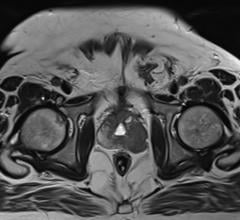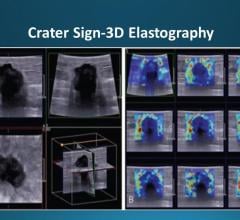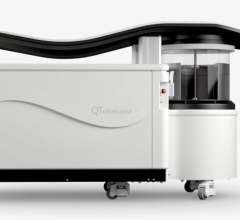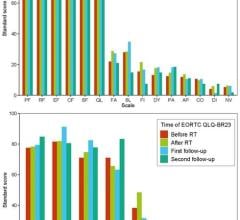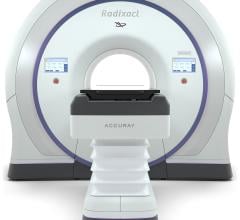
May 15, 2017 — RaySearch demonstrated a new Monte Carlo dose planning feature for proton therapy on its RayStation system at the 2017 Particle Therapy Co-Operative Group (PTCOG) conference, May 8-13 in Yokohama, Japan.
Monte Carlo dose calculation is based on simulating the transport of individual particles. This makes it possible to fully account for the unaltered patient geometry, whereas analysis-based algorithms such as the pencil beam method require an approximate representation of the geometry. For the Monte Carlo method, accuracy is high, but speed was traditionally an issue until the advent of fast Monte Carlo algorithms. The dose engine in RayStation strikes the optimal balance between accurate physics modeling and speed, making it highly effective in clinical workflows, according to RaySearch.
The Monte Carlo and pencil beam dose engines in RayStation are designed to be used in parallel, ensuring efficient and accurate dose calculation for all proton PBS planning needs. A single PBS machine model for a particular delivery system can support both the Monte Carlo and pencil beam dose calculations, and the beam-measurement data needed for commissioning is the same for both dose engines. The Monte Carlo and pencil beam dose engines can both be used for calculating spot dose distributions as input for optimization, with or without patient-specific block apertures, as well as for calculating a final dose distribution for plan approval.
For more information: www.raysearchlabs.com


 April 18, 2024
April 18, 2024 

